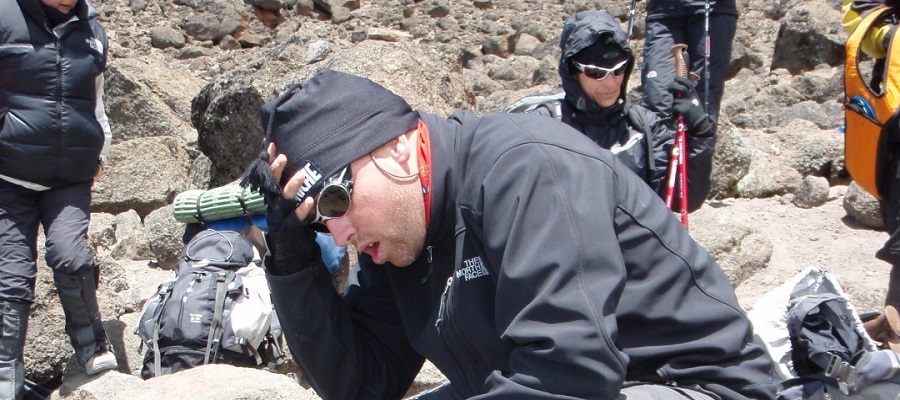Vaccination Requirements to Enter Tanzania
Tanzania Vaccination & Health Requirements for Travelers
Dreaming of an unforgettable adventure in Tanzania? Whether you’re gearing up for an epic Kilimanjaro climb, a thrilling wildlife safari across the Serengeti, or a relaxing beach escape in Zanzibar, preparing well is key to enjoying your journey to the fullest.
Understanding the latest vaccination and health requirements for Tanzania ensures that you stay safe, healthy, and fully ready to embrace everything this incredible destination has to offer. This updated guide highlights the mandatory vaccinations, recommended immunizations, and essential health precautions every traveler should know before visiting Tanzania.
Mandatory Vaccination Requirements
For most international travelers including visitors from the USA, UK, Canada, and European Union — no mandatory vaccinations are required to enter Tanzania.
However, Yellow Fever vaccination is compulsory if you are traveling from or transiting through a country at risk for Yellow Fever transmission.
- You must show a valid Yellow Fever vaccination certificate upon arrival.
- Travelers coming directly from non-risk countries (such as the USA or UK) do not need to show proof of vaccination.
COVID-19 Vaccination and Testing
While COVID-19 regulations continue to evolve, Tanzania encourages travelers to be fully vaccinated.
- Vaccinated travelers should carry an official COVID-19 vaccination certificate (digital or printed).
- Unvaccinated travelers may be required to show a negative PCR test taken within 72 hours before arrival.
We strongly recommend checking the latest entry guidelines before your departure and considering vaccination for your own safety.
Malaria Prevention in Tanzania
Tanzania is located in a region where malaria is present. Travelers are advised to:
- Consult a doctor about malaria prophylaxis (preventive medication).
- Sleep under insecticide-treated mosquito nets.
- Use repellent sprays and wear long sleeves during evenings.
These precautions are especially important if your trip includes safaris, mountain climbs, or rural stays.
Recommended Immunizations
Even though most vaccines are not mandatory, several are strongly recommended for personal protection:
- Tetanus and Diphtheria (DPT) – common in tropical regions.
- Hepatitis A – transmitted through contaminated food or water.
- Hepatitis B – spread through contact with infected blood or instruments.
- Typhoid – recommended if you plan to visit local villages or eat street food.
If you will be volunteering or working with animals, consider vaccination against rabies as an extra precaution.
Additional Health Advice
Your local health authority may suggest other routine vaccinations before traveling abroad, such as:
- MMR (Measles, Mumps, Rubella)
- Polio
- Influenza
- Chickenpox (Varicella)
- Shingles (Herpes Zoster)
Discuss your travel plans and medical history with your doctor at least 4–6 weeks before departure to ensure your vaccines are up to date.
General Travel Health Tips
Tanzania is a safe destination when you take sensible precautions.
- Drink bottled or purified water.
- Practice good hygiene and food safety.
- Protect yourself from mosquito bites and tsetse flies.
- Carry a basic first aid kit and your travel insurance information.
By preparing in advance, you’ll be free to enjoy Tanzania’s breathtaking landscapes and wildlife with confidence.







